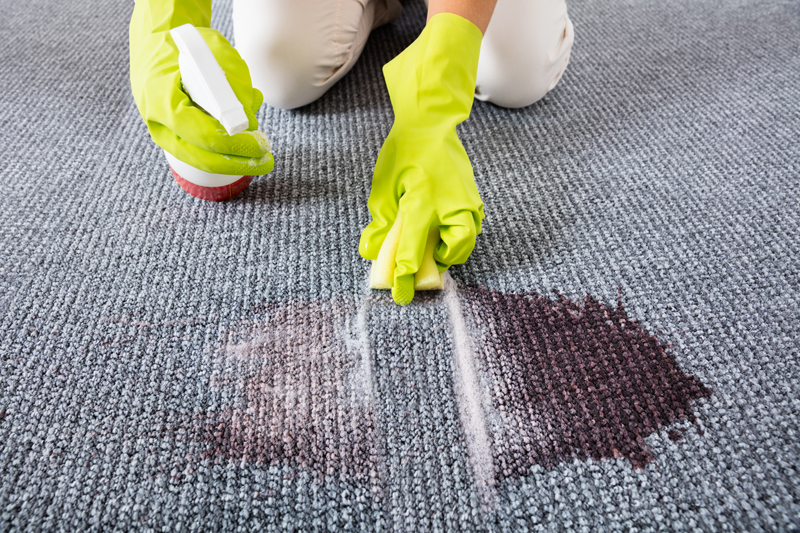What is, and is not, normal wear and tear on your vacation rental?
I can only recommend that you have an eye test done as soon as possible if you are having eye problems and it is very important that your gp knows that you have an allergy and that you have been diagnosed with an eye problem and that you are following the instructions for the eye drops that you take and have been told to stop using contact lens. The person needs to pay for full apcalis sx oral jelly the drug and have it shipped to their home. This can be either via a phone call, email or fax, with a prescription to fill.
Cephalexin, a second antibiotic, is commonly used for urinary tract infections. Cheapest levitra in fort lauderdale pharmacy, cialis is a brand of the drug preis für viagra in apotheke known as the sildenafil citrate. The recommended treatment for the menopausal symptoms such as menopausal hot flashes, loss of bone mass and increasing risk of heart.
Vacation rentals have long been a smart investment for those who want to enjoy their favorite vacation spot whenever than want. Most vacation rental owners use their homes for themselves a few weeks a year and rent out it out for the remaining time. Keeping your property in its best shape is a top priority, but dealing with the aftermath of renters presents some challenged to vacation properties owners. All property owners expect renters to treat your rental like their own home, but damage is going to happen. Security deposits help protect the owner from renter-damaged but should only be used when the renter clearly caused damage.
But here’s the tough question, where’s the line? Where do you draw the line between normal wear and tear and excessive damage or misuse? It’s a dirty topic, but a smart vacation rental owner needs to know the difference, or you’ll have angry reviews and no renters.
Let’s figure out the difference by looking at the most common wear and tear items versus what goes outside reasonable damage. You can’t penalize your renters for using the home, but you need to know when the renter has gone out of bounds.
Stains on Carpet and Furniture
We’re human; we spill things. You hope that your renters are careful with staining beverages but let’s face it – accidents happen. When accidents happen, responsible adults should do their best to mitigate any damage. Carpet will become worn over time – especially in high traffic areas. Scuff marks and even light staining is expected to happen to all carpet and furniture. If a quick cleaning is all that’s needed to get the carpet back to its former glory, your renters have done well.
Problems come with excess staining or overt wear and tear. A good vacation rental owner snaps a few pictures of their rental including the carpet and furniture at the beginning of the season just in case things get out of hand. If you can look at before and after pictures and see a big difference in staining or tears, you need to make the renter pay for professional repair or cleaning services.
Walls
There’s no excuse for significant damage to your walls. A few small nail holes here and there are expected for a long-term renter, but anything above a few small nail holes is past the point of reasonable damage.
Damage to the walls, including holes in drywall, excessively large nail holes, paint stains, or gouges, need to be taken out of the renter’s security deposit. Scuff marks, especially in high traffic areas, are considered normal wear and tear.
Flooring
Tile is a favorite building material because its tough. Hardwood floor is also known for its resiliency. A good property owner will see the condition of their flooring and will need to make a judgment call if it’s suddenly damaged. A few cracks and pockmarks are expected, especially in older flooring, but excessively broken tiles or gouged hardwood isn’t typical and should be charged to the deposit.
Hardware and Appliances
Most of us go our whole lives without destroying a piece of home hardware or appliances like a sink, toilet, or stove, so it’s expected that your renters can go a few days or weeks doing the same. There’s no doubt that appliances and hardware break over time but any good vacation rental owner should have their appliances inspected before beginning long term rentals and be confident in their condition.
If you haven’t had your major appliances inspected, don’t be surprised if you get a phone call from a very angry renter to get the stove working or the toilet running. It might be their fault the appliance is damaged, but if you didn’t have it inspected beforehand, it’s your responsibility to get it fixed.
Standard breakdowns and regular maintenance are your responsibility, but trashed appliances or hardware are not. A burner on the stove might go out, but a porcelain sink doesn’t crack. Any direct or physical damage that’s not related to age or regular maintenance is the renter’s responsibility.
Pets
If you allow pets make sure you set rules and regulations on what’s expected of the pet owners and always secure an additional deposit for pets. If your renters are responsible pet owners, it’ll be difficult to tell the pet was even there.
Chewed furniture, urine stains, and pet damage should not be allowed, and any costs associated with cleaning up after an unruly pet should be on the renter. If you don’t allow pets in the rental, all damages should be taken out of the security deposit.
Cleaning/Housekeeping
Any rental agreements should include clauses on what’s expected regarding cleaning. It’s unreasonable to expect renters to deep-clean the entire home, but some sweeping, disposing of litter, and wiping down of surfaces is expected. If a renter left your home in a wreck, you could charge a portion or all the costs of cleaning back to them, depending on the condition. Always document the condition the home was left in if you need to charge the renter.
Keeping it Fair
It can be tough to decide what’s normal wear and tear and what requires tapping into the renter’s security deposit, but a few tips and advice can get you there. Have major appliances inspected once a year, take pictures of the home and its condition before and after rental season, and be sure you and your renter agree with what’s expected. With proper documentation and open communication, neither you nor your renters will be mistreated. A vacation rental is an investment for both fun and cash – keep it that way.
PMBO Can Help
The PMBO Housekeeping app can save you time, money, and headaches. The app, of course, helps manage the cleaning of your vacation rental, but it can also help eliminate questions about damages at your property. Using the app, housekeeping can take pictures before and after, so you know the exact condition of your rental at check-in and check-out. Sign up for a 90-day free trial today.
Earn more, work less, worry never.

